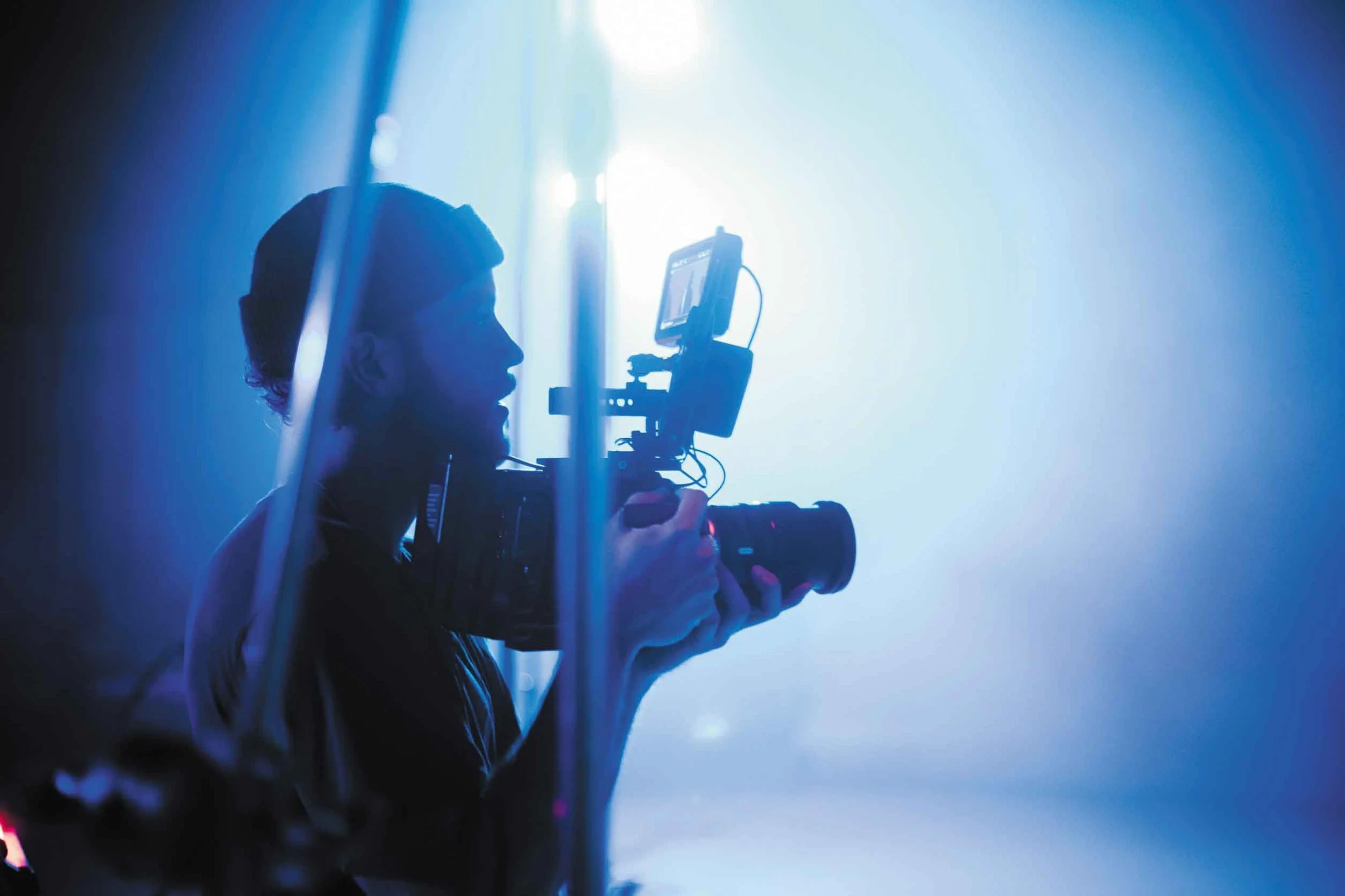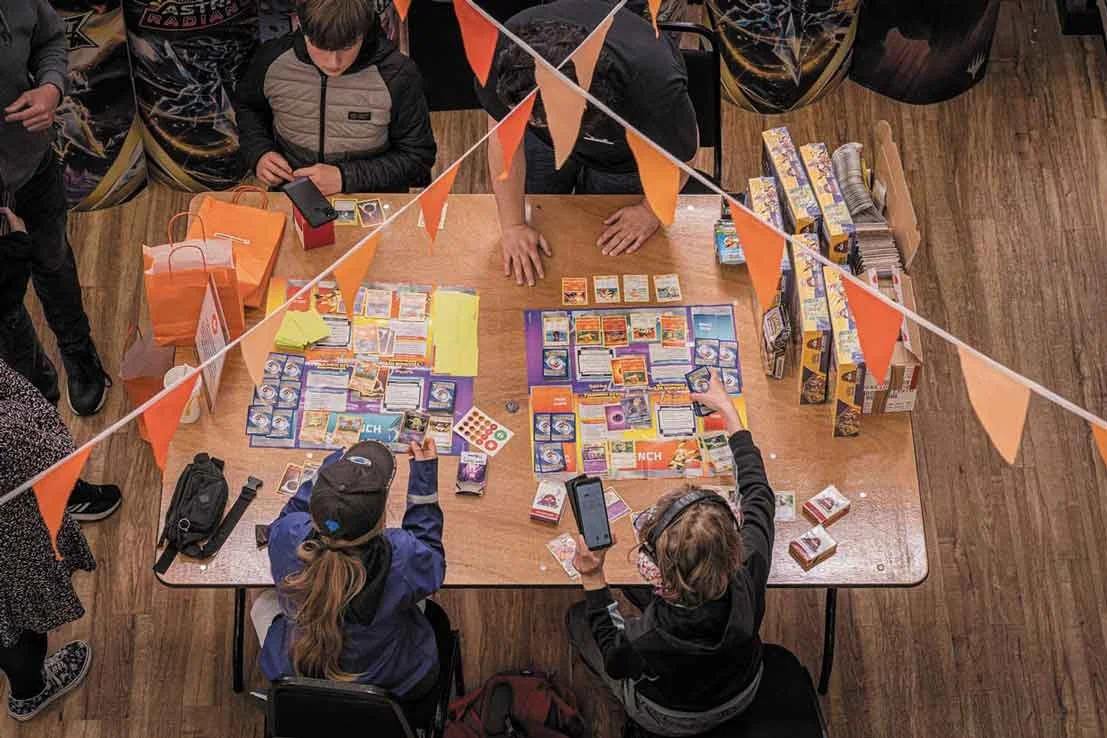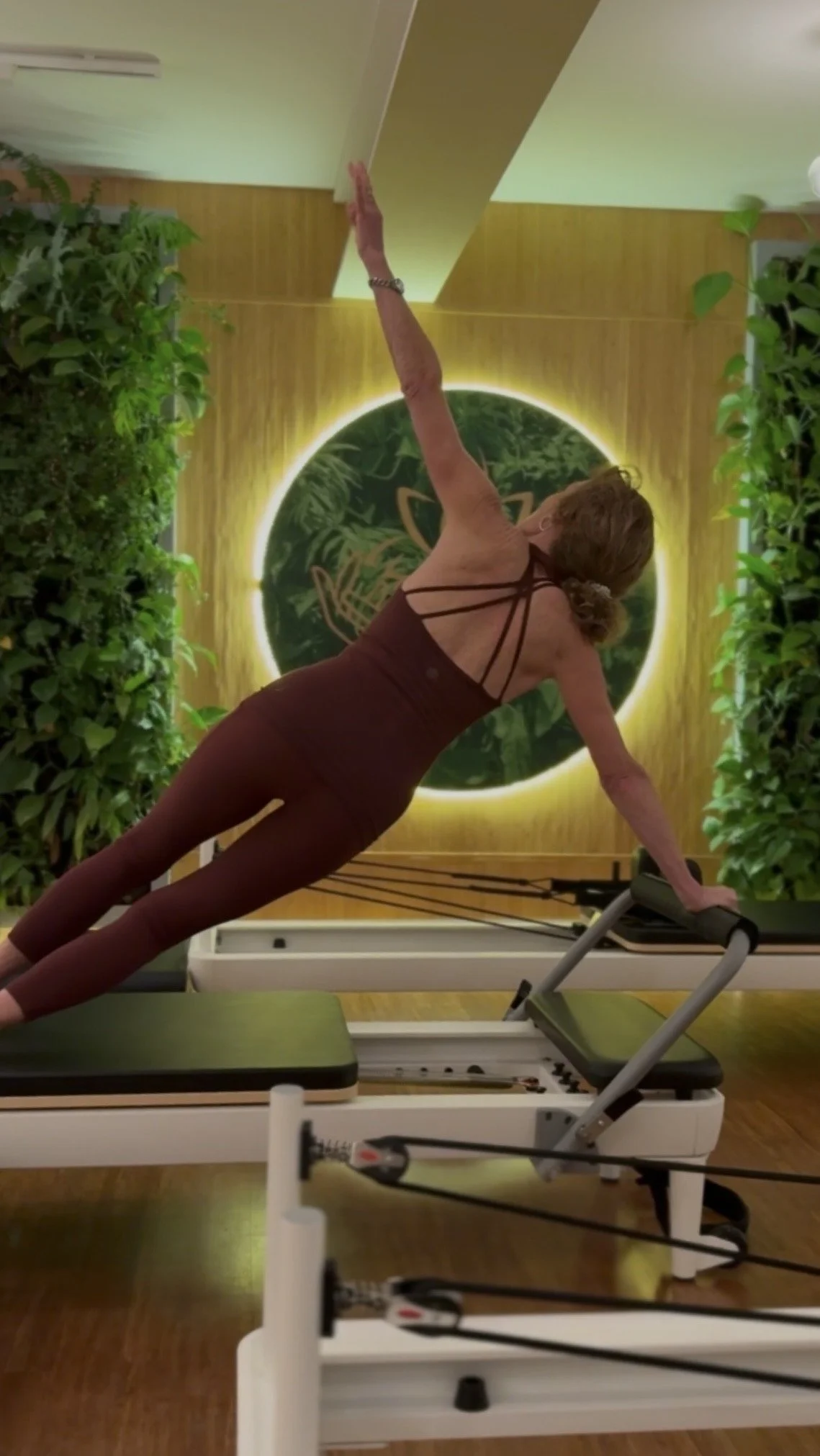BACK TO THE BOX OFFICE CAMPAIGN: The Gulbenkian Arts Centre, Canterbury
‘Cene Magazine continues to profile cinemas and theatres across the county
In the second instalment of our 2025 Back To The Box Office Campaign, where we will be profiling cinemas and theatres across the county, we head to Canterbury’s largest single auditorium.
The great thing about the Back To The Box Office Campaign is the diversity of the venues in Kent upon which we can draw. From the Grade II-listed Palace Cinema in Broadstairs last time, we move on to the 300-seater Gulbenkian Arts Centre cinema and theatre auditorium in Canterbury.
On the campus of the University of Kent, by day (in term-time) it straddles the needs of the students, hosting lectures and tutorials, while at night it is a much-loved arts and entertainment hub.
Having upgraded its tech to the latest sound and projection last year, the cinema side of things has become a key component to the programming of the facility.
“We do really well on the whole live and recorded side with the National Theatre, Royal Opera House and Royal Ballet,” says David Sefton, director of culture and creative projects. “We’ve got a really dedicated audience for that. We’ve got the captive audience with the residential students, so we keep an eye on the programming with students in mind. Having said that, we’ve also moved into doing ‘first-run’ films for the first time ever. In fact, we started with Paddington in Peru before Christmas, which went really well.
“The challenge with that, of course, is the distributors want a crazy number of guaranteed screenings in the first week or two. And if you’ve got a multiplex, then you just dedicate one of your screens to the one film for a fortnight. It’s more of a challenge for us to do that, but we are getting to it.”
Being a servant of two masters - the university students and the theatre-going public - puts slot times at a premium, meaning the balance of films between blockbusters, award-winners and niche indie is all important.
“We’re constantly programmed when we can be,” says David. “We pride ourselves on having a real mix. It’s very international and we take a lot of different touring film festivals, and we do a lot of event stuff - we just did a K Pop event and we did a kung-fu event recently. Even when we put on Wicked, Gladiator II and Paddington in the same month, it’s then making sure you’ve got the foreign-language stuff mixed in and the indie cinema because we’ve got a very core audience that are definitely more interested in coming to see Conclave than Gladiator.”
RECORDED THEATRE
With the Gulbenkian’s theatre being so prominent in the city’s arts sector, there is a natural audience for when there’s an opportunity to put on recorded theatre shows sent down from the West End.
“What’s really interesting is how that has evolved,” says David. “If you look at what the National Theatre put out, it’s not all National Theatre. David Tennant’s Macbeth is not a National Theatre production and Dr Strangelove is absolutely not a National Theatre production, but it’s under the NT Live branding, which I think is very smart. When you look at what it costs to go and see those shows in real life, now it’s so preposterously expensive to go to the West End.”
Having first hit the screens almost 15 years ago, NT Live and equivalents have gone from being one-offs to a cornerstone of cinema listings.
“It was a real innovation, but now it’s a really solid part of the mix of your cinema programme,” says David. “For the price of a cinema ticket, you can see all these amazing shows, where you’d be paying 200 quid to see them in London. It’s obviously a business decision on the part of these large organisations, but a side-effect is that it democratises access to those shows.”
The challenges that the pandemic brought to cinema, not just in social distancing and the closure of many theatres for a significant period but the rise of streaming platforms, have of course had an effect on the industry.
“The landscape is considerably more complicated than it used to be, with all the platforms,” David says. “For example, as a programmer, we were looking at Steve McQueen’s Blitz, but it had an embargo on it so you couldn’t open it on the same day it was first opening. And when I looked it up, there was like a three-day window before it went live on Apple. And it’s like ‘Really? What’s the point?’.”
However, three years on from Covid, David does now believe that confidence is starting to come back and that Christmas 2024 was a milestone in the return of audiences to communal cinematic events.
“It took a very, very long time for the numbers to climb back post-Covid, but the Christmas shows this year showed a definite sign that people are absolutely going out again,” says David. “I think it took a long time just for that thing of people being confident being around other people again. Also, it is the idea that some films are meant to be seen as spectacle, something that a three-inch phone screen or home TV cannot replicate.
“Spectacle is meant to be done at scale. And there is that communal thing as well. It is good to go and see things in a room full of other people experiencing it for the first time, too.
INFO: thegulbenkian.co.uk/












